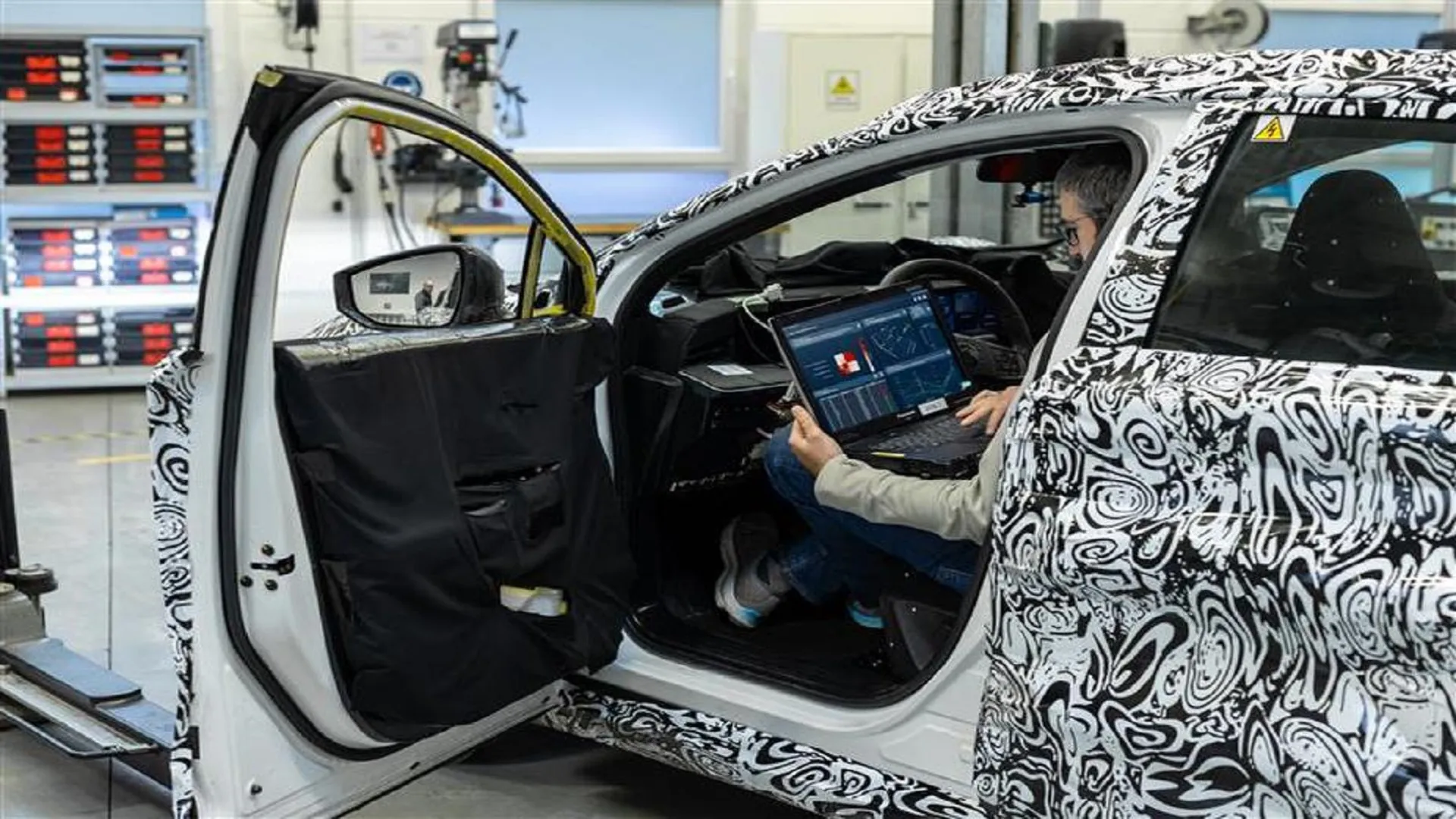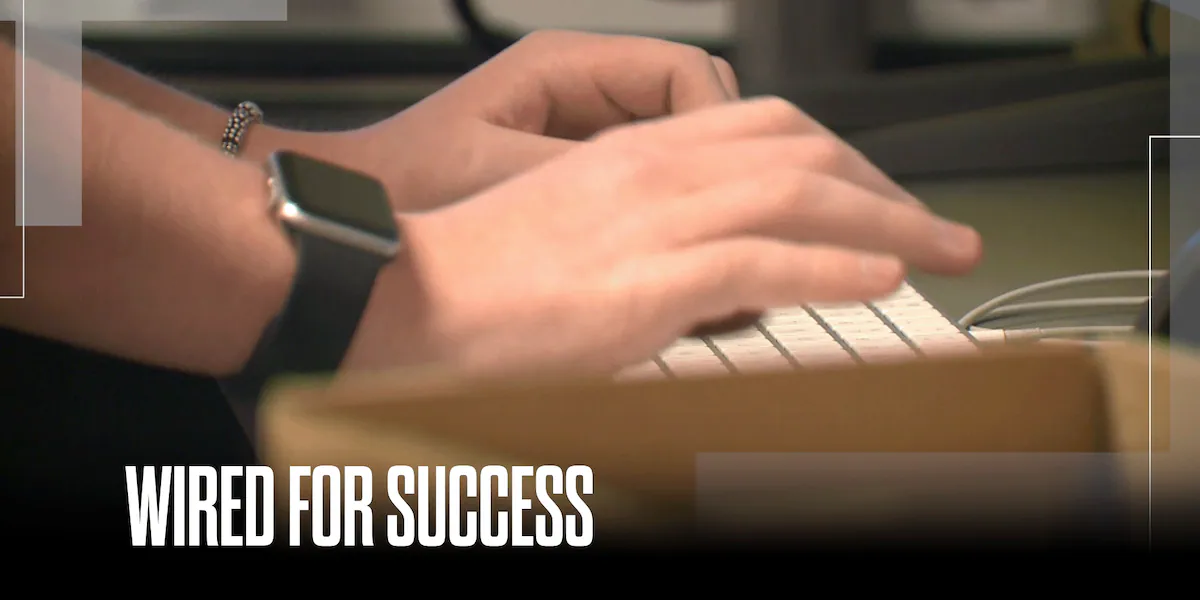Copyright Interesting Engineering

Japanese carmaker Nissan has teamed up with UK company Monolith in a bid to explore how artificial intelligence (AI) could transform vehicle development and reduce the need for physical testing. The Yokohama-based car manufacturer announced a three-year extension of its partnership with the software company. The renewed deal aims to reduce vehicle testing time and accelerate innovation across Nissan’s European operations. The collaboration, now extended through 2027, builds on a successful trial that used AI to optimize vehicle testing for the Nissan LEAF electric car. It will now be applied to upcoming models. “By integrating Monolith’s advanced AI-driven engineering software and decades of testing data, we’re able to simulate and validate vehicle performance with remarkable precision,” Emma Deutsch, Nissan Technical Centre Europe’s director of customer-oriented engineering and test operations, revealed. Transforming vehicle testing The innovative project uses machine learning to reduce the number of physical tests required for each vehicle. The tech also helps boost development speed, precision and sustainability. First used to validate testing on the novel, Sunderland-built Nissan LEAF electric vehicle, Monolith’s AI technology will be applied to more tests for Nissan’s future range of models in Europe. Engineers at the Nissan Technical Centre Europe in Cranfield, UK, will harness Monolith’s AI platform to analyze over 90 years of the company’s testing data to better predict physical test results. “Their machine learning models, trained on a combination of historical test data and digital simulations, allow us to reduce reliance on physical prototypes – cutting development time and resource use significantly,” Deutsch continued. By drawing on this vast dataset, the system will forecast how vehicles perform under different conditions long before they ever reach the track. “This approach not only accelerates our time to market but also supports our commitment to innovation and sustainability,” she said. “As we look to the future, AI will play an increasingly central role in how we design, test, and deliver the next generation of vehicles to our customers sooner.” Data-powered car design According to Nissan, early results have shown remarkable promise. In one phase of the collaboration, for instance, Monolith’s AI was used to test the performance of bolt joints in the vehicle chassis. The system not only identified the optimal torque range for tightening bolts, but also recommended which additional tests engineers should prioritize. This led to a 17 percent reduction in physical testing compared to traditional methods. Nissan officials believe that applying the same process across all vehicle programs could potentially halve total testing time. “Our mission is to empower engineers with AI tools that unlock smarter, faster product development,” Richard Ahlfeld, PhD, Monolith’s CEO and founder, added. Monolith’s platform uses machine learning models trained on extensive datasets from physical tests and simulations. It can predict performance, detect anomalies and even recommend the next test, within minutes. Tools such as the Next Test Recommender and Anomaly Detector make the whole process faster, more accurate and less resource-intensive. “The results of our work with Nissan demonstrate how machine learning can drive efficiency and innovation in automotive engineering,” Ahlfeld explained in a press release. “We’re thrilled to continue this journey together.”



